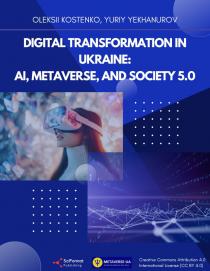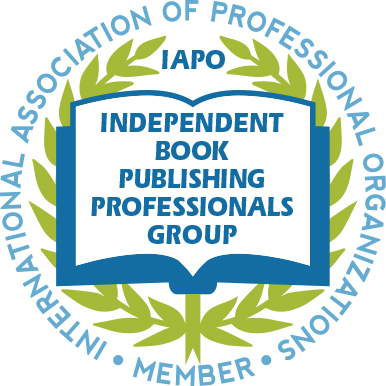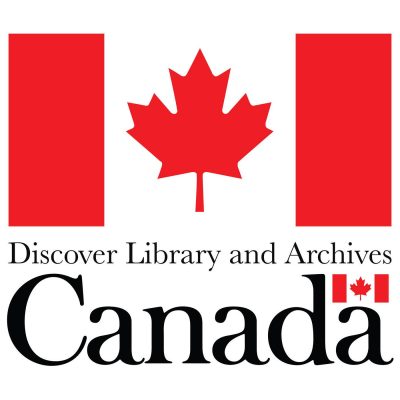MODERN MATHEMATICAL APPROACHES TO ASSESSING THE RELIABILITY OF INFORMATION FROM DIGITAL SOURCES IN SCIENTIFIC RESEARCH
Synopsis
The article presents a mathematical methodology for evaluating Internet sources, based on the analysis of three key criteria: source authority, peer review and relevance of information. The proposed methodology provides an objective assessment of the reliability of sources through a numerical scale, which simplifies the choice of resources for scientific activities. areas of research that cause irrational expenditure of financial, time and intellectual resources. The study is extremely relevant in modern conditions, when the so-called "economic order of fakes" dominates, where the spread of false information can destabilize both academic and practical activities. The use of a reliable mathematical model allows you to reduce the risks of making erroneous decisions caused by unreliable data, as well as to support the efficiency of research processes. The practical significance of the methodology is demonstrated through the evaluation of popular sources in the fields of business, cybersecurity and technical sciences. The article emphasizes the need to give preference to highly reliable sources and carefully work with those with an average level of reliability. The proposed approach will help minimize the negative consequences of the use of false information, conserving resources and promoting the development of scientific research based on verified data.










